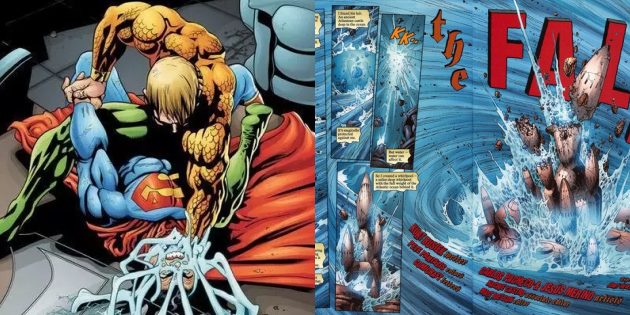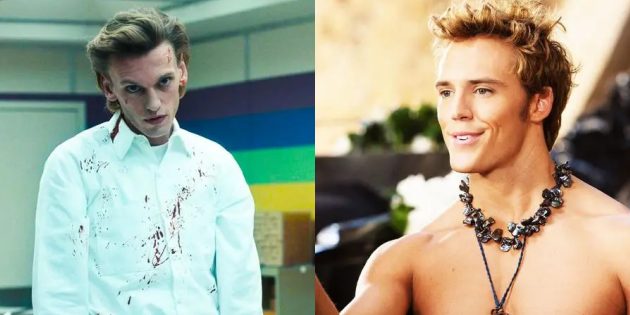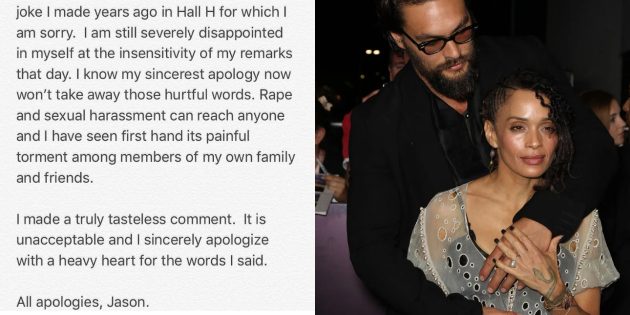House of the Dragon is sometimes called “House of the Midwifes” thanks to its four graphic birth scenes.
A lot of the fans have questioned their presence, particularly of the scene in Episode 10. That one was especially gory.
In that episode Princess Rhaenyra (Emma D’Arcy) learns that her father, King Viserys (Paddy Considine), has passed and that Alicent’s (Olivia Cooke) son, Aegon II (Tom Glynn-Carney), was crowned, bypassing her. The distressing news forces the princess into premature labor.
Alternating between refusing any assistance and calling for Prince Daemon (who is too busy preparing for the inevitable war), Rhaenyra bloodily gives birth to a stillborn baby.
The fans at this point probably were tired of the birth scenes, particularly as this was also third birth in the series that went wrong. But the showrunners and Emma D’Arcy defended that decision.
“Miguel [Sapochnik, co-showrunner who has since announced that he is exiting the show] had given each of the births in the season a different theme. And he handed me a notecard for this one saying, ‘This is the battlefield. This one is war,'” explained Greg Yaitanes, who directed Episode 10.
He also added: “And it is the most described birth in the book, so the actual description and movement and dialogue of it is directly from the source material.”
Showrunner Ryan Condall chimed in as well:
“…birth is a battlefield and now Rhaenyra finds herself at war and this is her going through her own battle.”
And Emma D’Arcy described the situation this way: “It almost felt to me like she was finally being given a direct choice to be a king or to be a mother.”
In her opinion, by choosing to pull her stillborn child out herself and carry on with her duties soon after, “I think she chooses herself in that moment, and by doing so, chooses her right to rule.”
Given that in the literary source on which House of the Dragon is based, Rhaenyra is going to lose her own life as well as lives of more of her children in the war, you might see symbolism of the situation differently.
And given that a very good deal of the misfortunes which befell Rhaenyra’s party stemmed from her personal vacillation and failure to act, to the point that one of her sons died trying to ride her dragon in her stead, the interposition between Rhaenyra giving birth and Daemon preparing for war also takes a different meaning.








